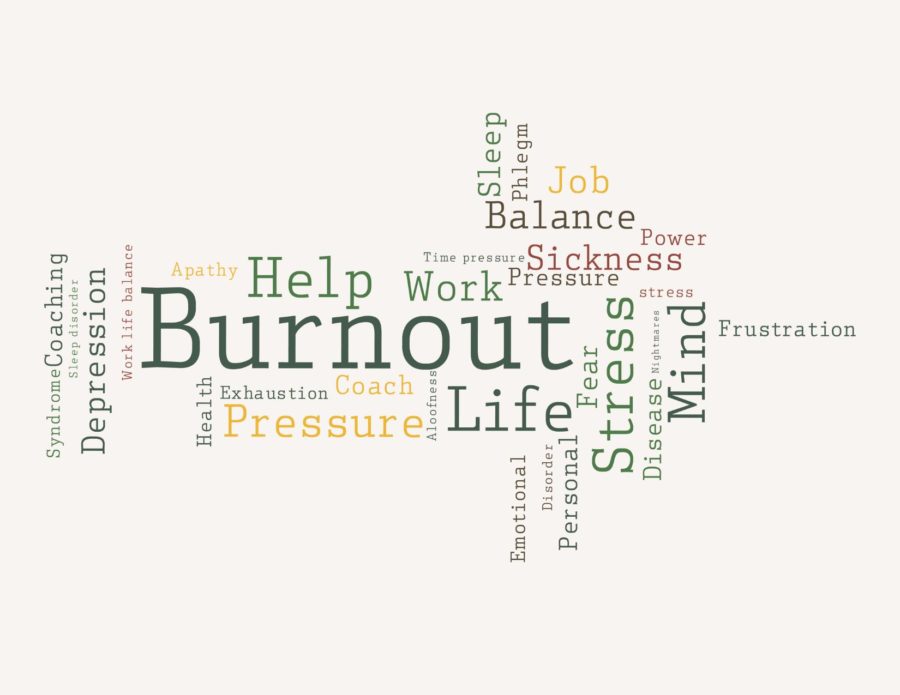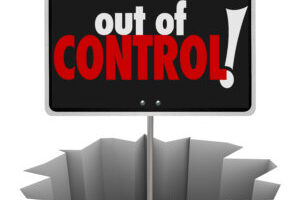The numbers are not good. In 2023, according to the Teacher Wellbeing Index, 78% of teachers described themselves as stressed. 55% of all staff say their organization’s culture has a negative effect on their wellbeing. And, 89% experienced symptoms of poor mental health due to their work. Most of us get stressed at work, and can deal with it. But prolonged stress on the job, intensive demands on one’s energy, strength, resources, time, etc., can lead to burn out. And with these numbers above, burn out is REAL!!! Whether your district, school, admin, etc., recognizes the need to support you as a SpEd Teacher, Resource Teacher, Nurse, Speech Pathologist, Vision Teacher, etc., you must do it yourself! It begins with recognizing the signs of being burned out, acknowledging you’re burned out, and then doing something about it, preferably without exiting the field all together! Teacher burnout can manifest in various ways: physically, emotionally, cognitively, in your job performance, and personally. Recognizing the signs early is crucial for intervention and support. Here are some common signs of teacher burnout:
Physically: Burnout can affect you physically. Chronic fatigue, headaches, muscle tension, aches and pains, and changes in appetite (weight loss or gain) or sleep patterns can all indicate burnout. You are more susceptible to illnesses due to a weakened immune system from chronic stress. Stress can also disrupt digestion, leading to symptoms like stomachaches, indigestion, or changes in bowel habits. Prolonged stress can increase heart rate and blood pressure. Burn out can also lead to lower sex drive and diminish interest in intimacy.
Emotionally: Burnout leads to feeling drained emotionally, which in turn can lead to mood swings, irritability, increased emotional sensitivity, or a sense of cynicism towards teaching and colleagues. Withdrawing from colleagues, students, or school activities, avoiding interactions, or becoming disengaged from classroom activities is a clear sign of burnout. Loss of enthusiasm for teaching, feeling uninspired by the curriculum, or struggling to find meaning in the profession. You may withdraw from social interactions and isolate yourself from friends and family. Burnout can cause you to constantly criticize yourself, increase negative self-talk and self-doubt, feeling like a failure, or doubting your ability to meet expectations.
Cognitively: Burnout can manifest itself cognitively. You can have trouble concentrating, decreased productivity, and a decline in the quality of work or lesson planning. Taking more sick days or personal days than usual due to feeling overwhelmed or disheartened. Forgetfulness, difficulty making decisions, or experiencing frequent self-doubt about teaching abilities. Chronic stress can impact cognitive functions such as memory, concentration, and decision-making abilities, making it difficult to focus and perform tasks effectively. You feel mentally exhausted. Activities that once felt mentally stimulating, now feel draining and overwhelming.
Job Performance: Burnout can lead to a decline in the quality of teaching. You struggle to maintain enthusiasm, creativity, and engagement in lessons. The ability to manage your classroom declines as well, leading to disruptions, disorganization, and productivity. Burn out also leads to reduced student engagement and can affect a teacher’s ability to build positive relationships with their students. Job performance is also affected in the areas of professional growth, and hinder a teacher’s motivation to seek out new teaching strategies, technologies, and more.
Personally: Burnout affects your personal life as well. In addition to all of the above, one might choose unhealthy coping mechanisms such as overeating, excessive use of alcohol, drugs, or other unhealthy coping mechanisms to deal with stress. Burn out can put a strain on relationships with family, friends, and romantic partners. Teachers may become withdrawn, irritable, or emotionally distant., making it challenging to maintain healthy and supportive connections outside of work. Difficulty maintaining work-life balance, bringing work home too frequently, or feeling unable to switch off from teaching even during personal time. Feeling unfulfilled by the job, questioning career choices, or losing passion for teaching.
Recognizing the toll of burnout is essential for teachers to seek support from colleagues, professional counselors, and communicate openly with administrators about their struggles to prevent burnout and promote overall well-being. It’s crucial for schools and educational institutions to create a culture of care and support that acknowledges and addresses the challenges teachers face in managing burnout. Whether supported or not, it’s important for teachers to prioritize self-care, and implement strategies to restore balance and well-being in their lives. In Part II, we will address strategies for avoiding burn out and maintaining a healthy you!



